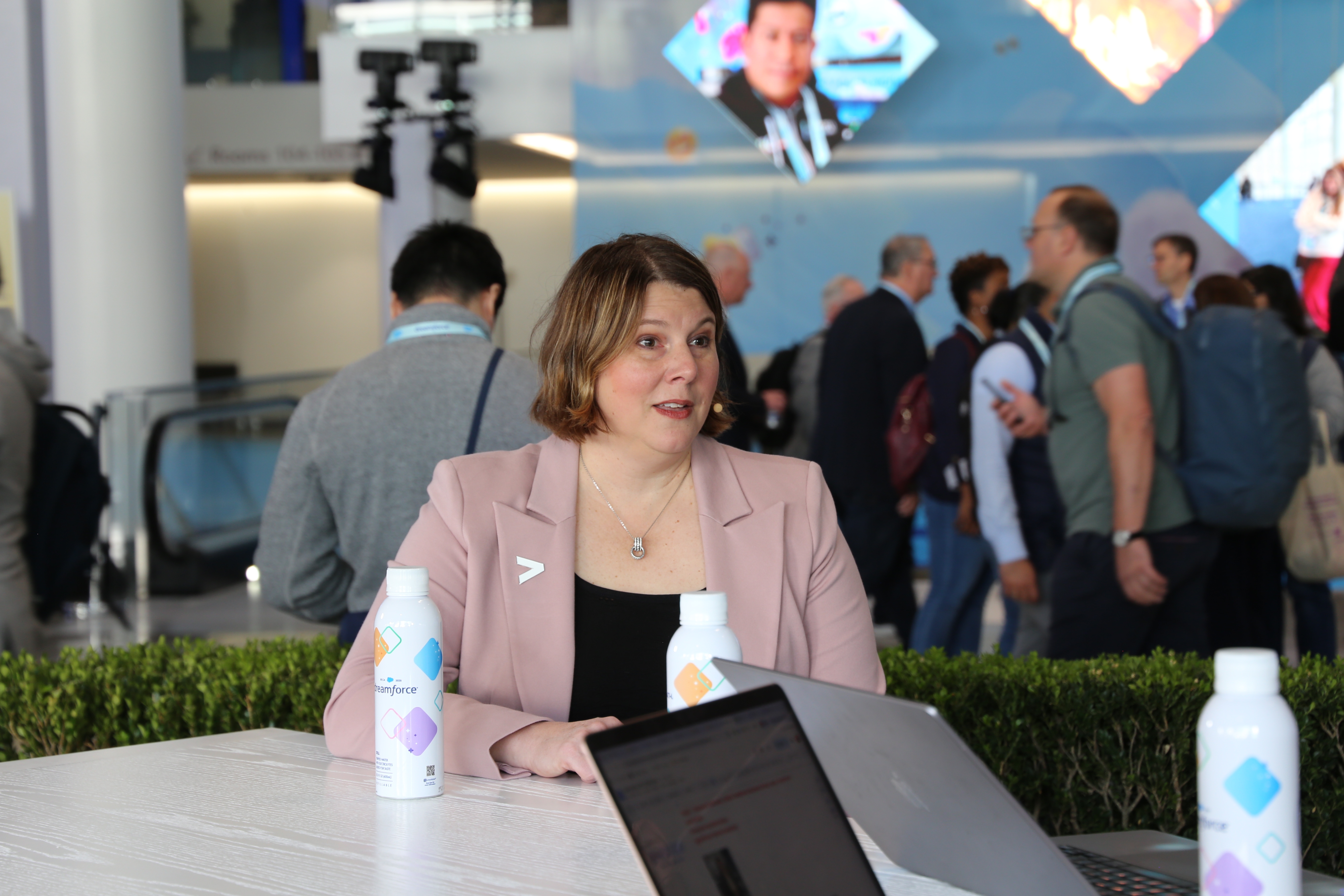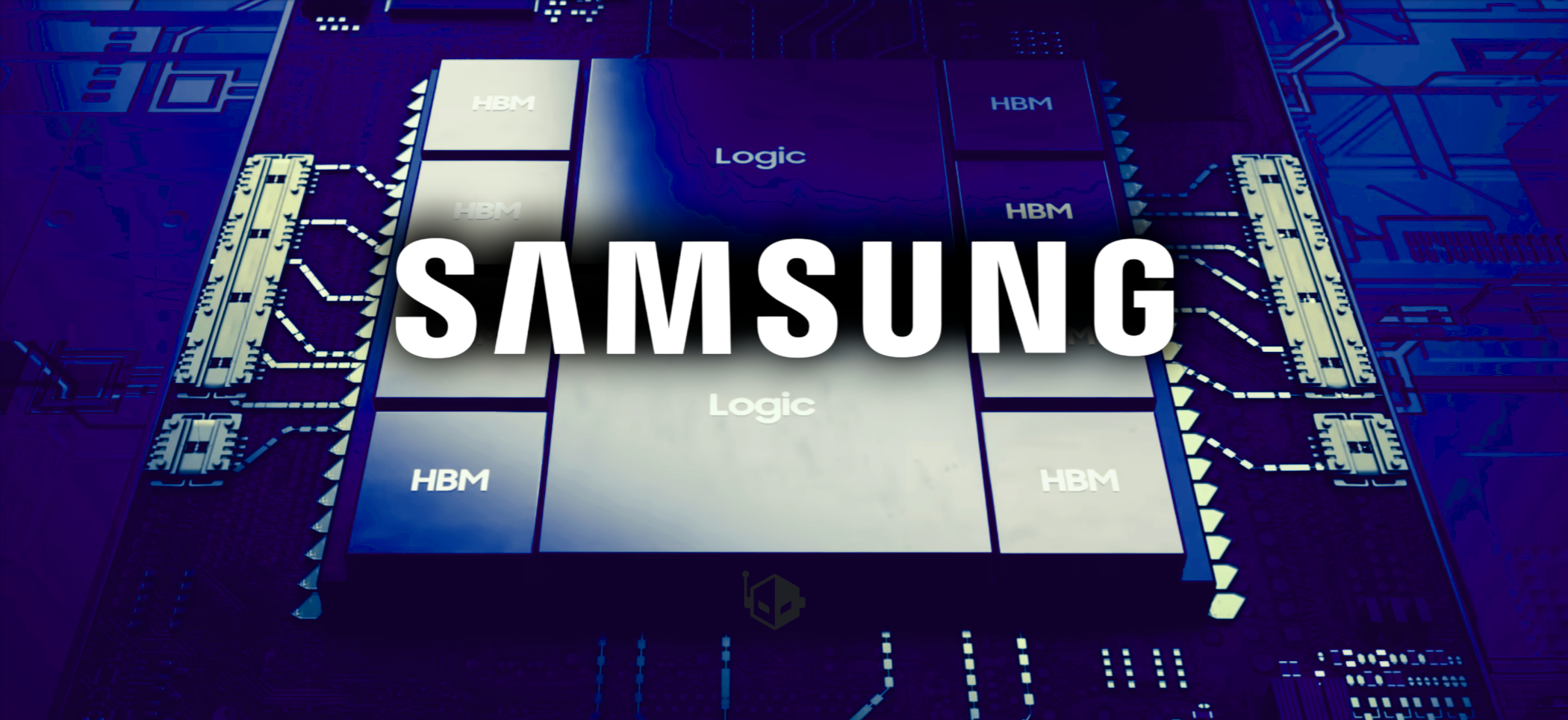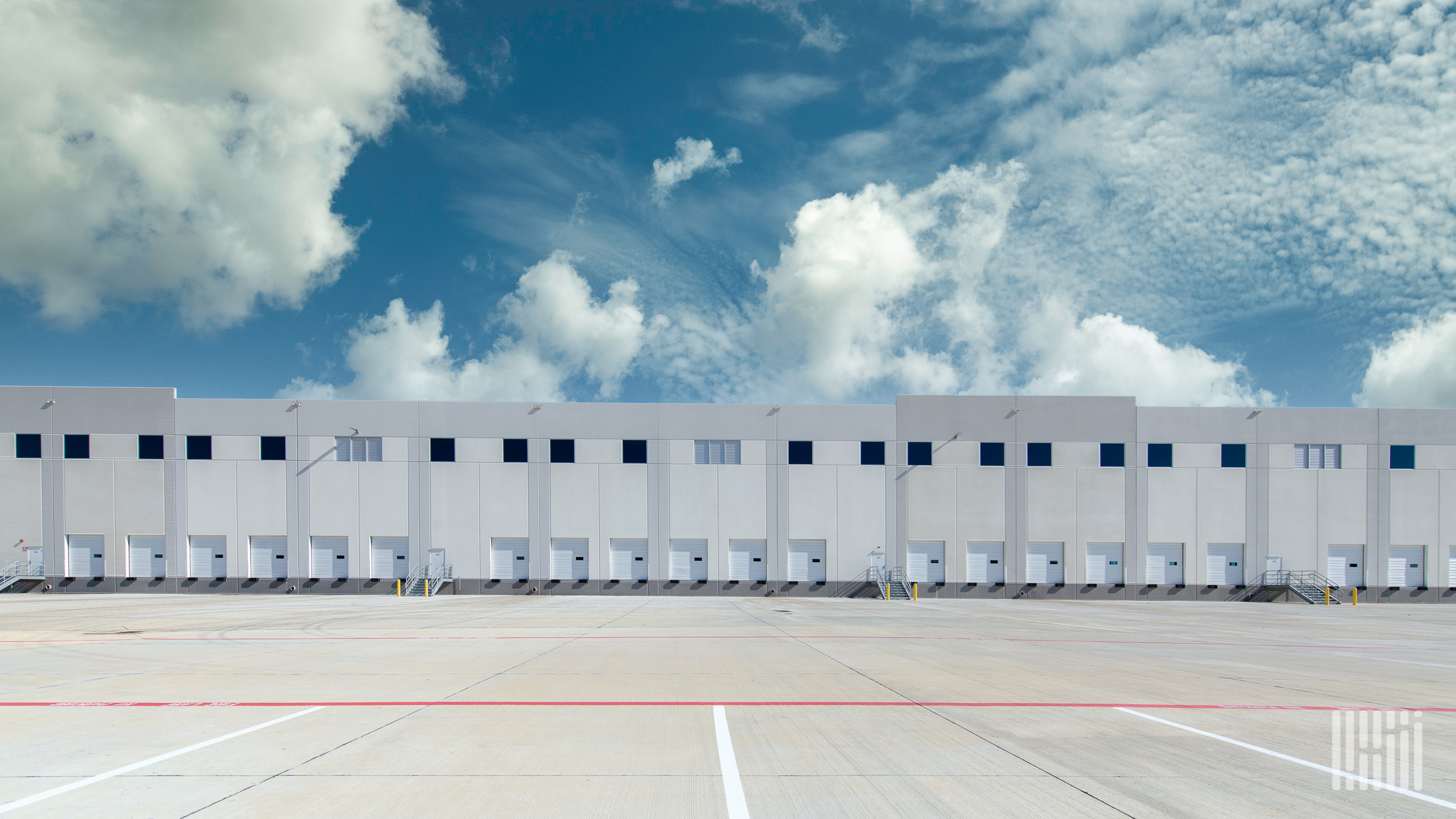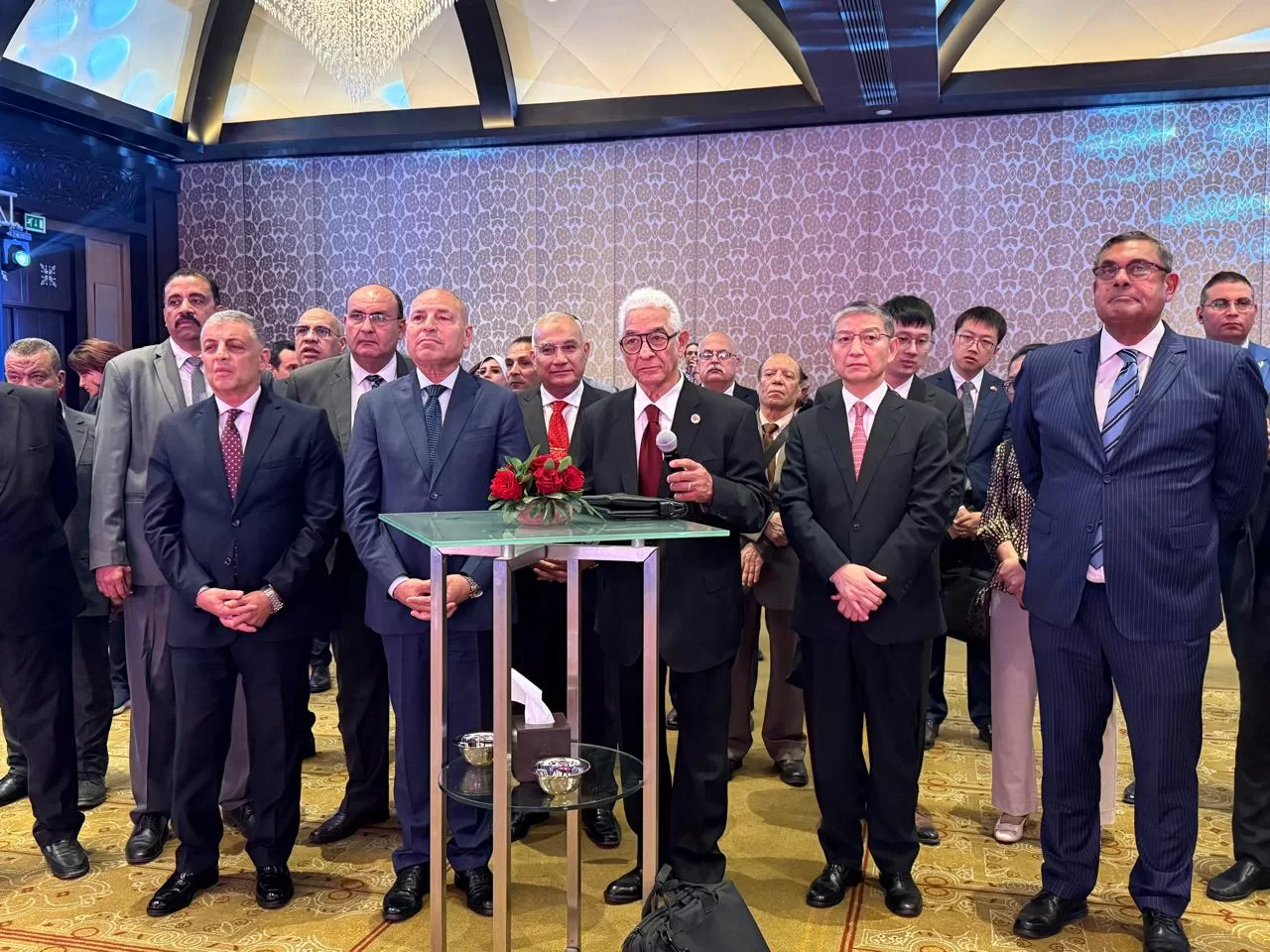Copyright Fast Company
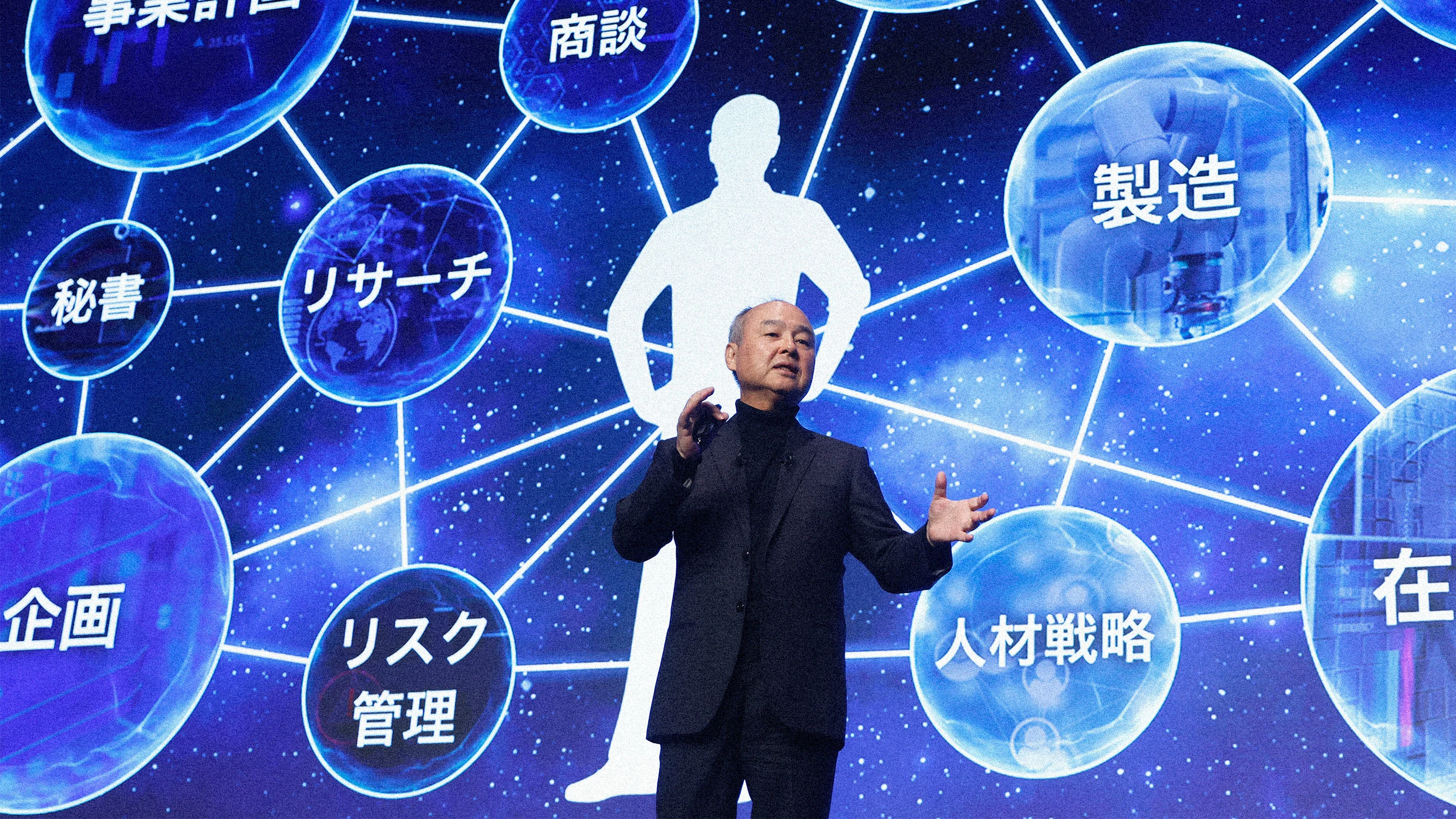
The bad vibes were muted somewhat by news of what SoftBank says it will do with the proceeds of the sell off, along with those from the sale of some of its $9.17 billion T-Mobile stake: The firm will double down on another big bet in the AI space–OpenAI. SoftBank expects to directly invest $30 billion in OpenAI this year, according to its second-quarter financial statement in September. And it had already committed $19 billion to the $500 billion Project Stargate infrastructure initiative (with OpenAI and Oracle). To bankroll these commitments, Masayoshi Son, SoftBank’s CEO, likely needed to free up funds. Hence the Nvidia sell-off. For years, Son has talked about SoftBank’s strategy to invest in the “computing platforms of the future,” including AI. His firm amassed a reported $4 billion stake in Nvidia back in 2017, only to dump the shares in 2019. At the time Son had called Nvidia the “the core company of the AI revolution.” He now believes that OpenAI will be that core company. During SoftBank’s annual general meeting in June, Son declared he is “all in” on OpenAI. He’d always wanted to be an early major investor in the AI super-startup, he said, but Microsoft beat him to the punch. OpenAI, he predicted, will one day go public and eventually “become the most valuable company in the world,” he said. Nvidia reported $46.7 billion in revenues during its July-ending quarter (and crossed $4 trillion in market cap), while OpenAI doesn’t expect to turn a profit until 2029. But by divesting of Nvidia and doubling down on OpenAI, Son can play a more active role in the platform’s expansion via initiatives like the Stargate Project, which will finance a major buildout of AI infrastructure. SoftBank is still indirectly entwined in Nvidia’s fortunes, which also rest on the broad expansion of AI. The entire stock market is being propped up by confidence in big tech companies that are investing huge amounts in AI. Investors are placing a lot of faith in the idea that generative AI, a mostly unproven technology, will create valuable new efficiencies for businesses in the coming years. Compounding the concern is the fact that a relatively small group of wealthy companies–SoftBank, Nvidia, and OpenAI–are investing in each other, which has fed fears that they’re involved in a sort of self-inflating bubble. It’s unclear if or when that bubble will popThat bubble may well pop at some point. For nowUntil then, Son has made his preference clear: software over hardware, a bet that feels like a big vote of confidence for AI.
